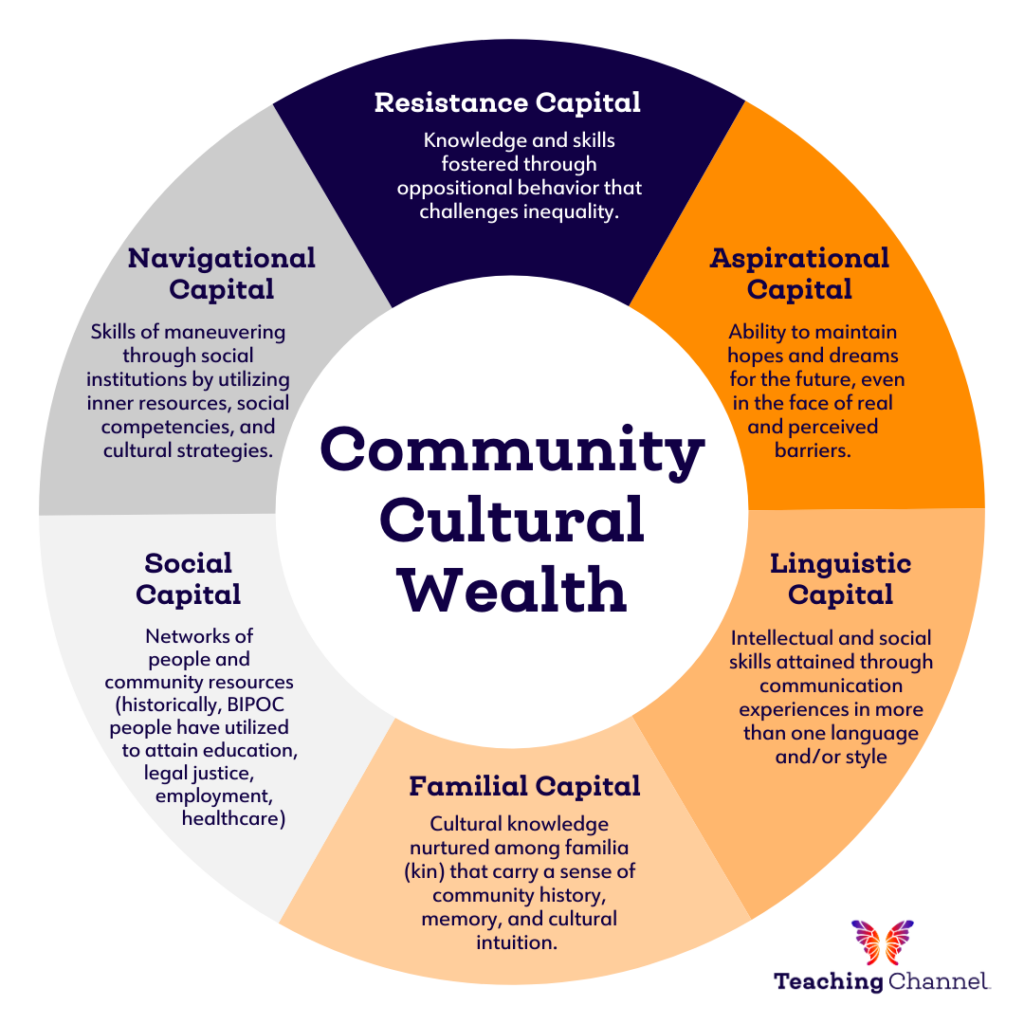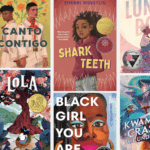When I was a teacher, I spent a lot of time thinking about what my students needed. It felt like I had a solution for everything they might be missing: Lacking coping skills for navigating stressful situations? Come to the mindfulness corner in my classroom. Behind in literacy skills? Use my leveled versions of the assignment! Failing a class? Stay after school and I will tutor you! Struggling with friend drama? Sit in my room during lunch and I will give you advice.
Each of these statements focused on what my students:
Missed
Lacked
Failed
Stuggled With
Were Behind In
And each of the solutions always began with what I could do to fix it:
My
Me
I
As teachers, we are givers. We want to give our students all the tools they need to succeed.
But what if we are missing a critical piece of the puzzle?
What if our focus on what we can provide overlooks the assets our students already have?
The shift from a deficit to a strength and asset-based approach asks us to reframe our belief that students lack something. In fact, students bring an abundance of resources to our classrooms. Tara Yosso’s Community Cultural Wealth framework helps us identify these strengths, which is a foundational element of Ethnic Studies.

As we think about each category of Community Cultural Wealth, we can also consider the strengths and skills each category fosters:
| CATEGORY | QUALITIES, ATTRIBUTES, STRENGTHS |
|---|---|
| Aspirational | courage, determination, hope |
| Linguistic | multilingual, expressive, communicator |
| Familial | community-focused, connector, loyal |
| Social | resourceful, adaptable, versatile |
| Navigational | strategic, creative, tenacious |
| Resistance | advocate, resilient, justice-minded |
With Community Cultural Wealth in mind, we can challenge our thinking about what students need. Perhaps we don’t need to be the fixer, or the one who saves the day with all of the resources up our sleeves. Perhaps, no magic wand is needed. In fact, our students are already the magicians, the heroes of their own stories, the solutions to the problems we keep trying to take ownership of; we need to help them recognize and use their own strengths instead of trying to do everything for them.
Ready to learn more about Community Cultural Wealth and its connection to Ethnic Studies? Check out 5362: History and Foundations of Ethnic Studies in K-12 Schools or 5324: Designing and Implementing Ethnic Studies and discover resources, lesson plans, and guiding principles to help you celebrate Community Cultural Wealth in your classroom!
About the Author

Julie Kuntz holds a B.A. in English and a Master’s in Education. Drawing on her years as a Middle School ELA Teacher, Julie develops content that is practical and highly engaging! Additionally, she is passionate about fostering equity in schools.
Fun Fact: Julie and her husband own a custom home renovation company, Custom by Kuntz!








